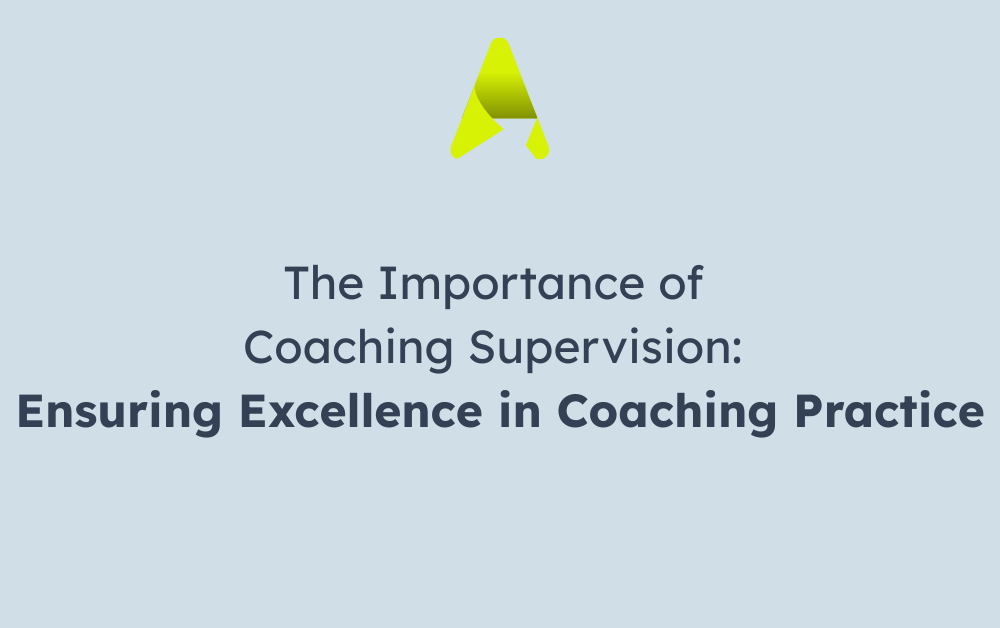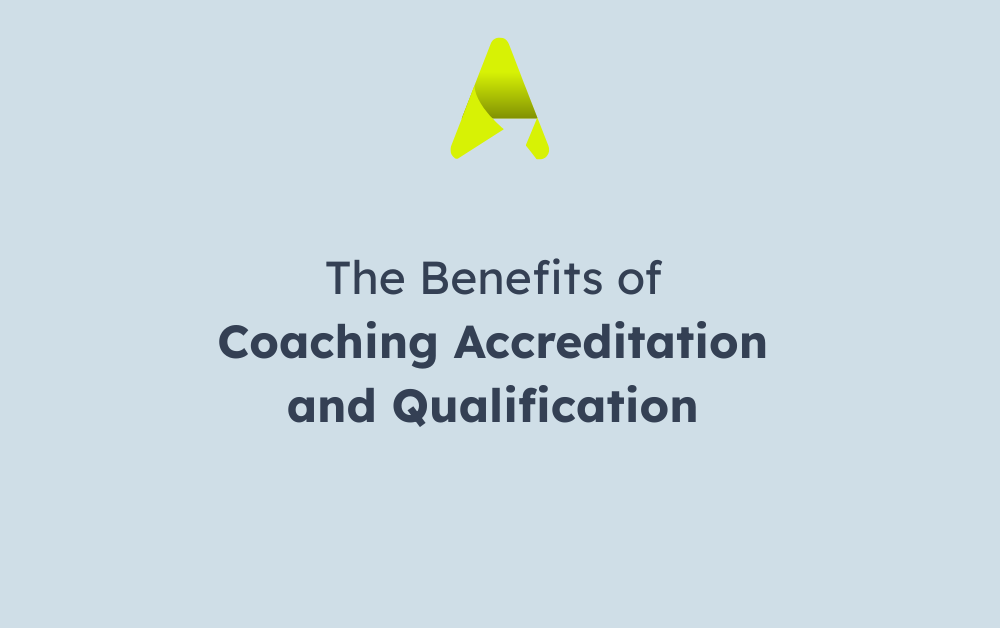Pay for Non-Executive Directors has long been a quiet topic, discussed in closed circles or buried deep in annual reports. But that’s changing. As transparency becomes a governance priority, both boards and candidates are having more open conversations about compensation, value, and fairness.
New research from across the public, private, and non-profit sectors reveals a growing expectation for clarity and consistency in NED remuneration. Whether it’s NHS trusts publishing exact figures or FTSE 250 firms reviewing audit committee differentials, the message is clear: non-executive pay is no longer off the record.
Why This Matters
For many boards, pay structures are now a direct reflection of governance maturity. Poor visibility can raise red flags with regulators and investors, while wide internal disparities can damage board cohesion and reputation.
For NEDs, a lack of transparency can lead to undervaluation or missed red flags about how a board operates. Knowing what’s fair, current, and justifiable isn’t just about money, it’s about trust, accountability, and strategic alignment.
What the Numbers Say
- Public Sector Benchmarks: NHS and local authority board positions typically range from £5,000 to £15,000 per year, with Chairs earning up to £40,000. These are now largely disclosed online.
- Private Sector Variance: FTSE 100 board roles average £70,000 to £100,000, while committee chairs or SID roles may command £20,000 to £40,000 on top. In the FTSE 250, fees often sit 20–30% lower.
- Charity and Social Enterprise Trends: Most trustee roles remain unpaid, but some high-responsibility positions are beginning to offer honorariums or stipends in the £2,000 to £10,000 range.
- Private Equity Boards: These roles often come with equity or performance-based elements rather than flat fees, making transparency more complex – and more critical.
Shifting Expectations
Investors are starting to challenge excessive or unbalanced NED pay, particularly where it doesn’t reflect performance or diversity. Equally, underpaying NEDs in complex or high-risk environments is now seen as a governance risk in itself.
Recruiters and board chairs report growing demand for structured frameworks and benchmarking data to guide discussions. There is also increased appetite for publishing pay bands in NED role adverts – a shift that signals a new era of openness.
What This Means for You
If you’re applying or negotiating for a board role, it pays to be informed. Key things to consider:
- Understand the norms for your sector and scale. A good recruiter or governance consultant can help you benchmark.
- Ask for clarity on pay structure early. This sets the tone for a professional conversation and signals confidence.
- Consider the full value exchange. Time commitment, risk exposure, regulatory oversight, and required expertise all factor into appropriate compensation.
- Watch for red flags. Vague or inconsistent answers about pay can indicate wider governance issues.
Conclusion: Transparency Is the New Standard
Non-executive pay is no longer just a matter for finance or HR. It reflects how seriously a board takes its responsibilities – and how much it values independent challenge.
As norms shift, staying informed and asking smart questions will help NEDs protect their value and boards protect their reputation.
Want the latest NED opportunities, insights and intelligence delivered directly to your inbox – for FREE?
Join The NED EDIT now – because board roles shouldn’t come with a price tag.
 Blog
Blog


